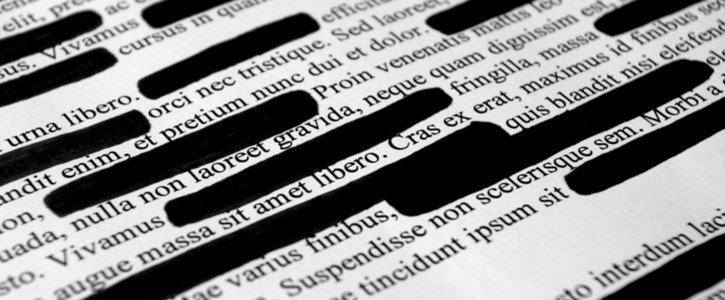by Shannon Sweeney
179,831, and counting people have signed a petition to prevent the sealing of records from the Mother and Baby homes for a further 30 years.
Aitheantas, Adoptee Identity Rights started the petition on Friday and within 24hrs 20,000 people had signed it.
On the Aitheantas, Adoptee Rights uplift page, they say preventing the sealing of the archive is important for the public to understand what happened in the Mother and Baby Homes.
“For the first time the Irish people can see for themselves the callousness with which the Irish State has treated Women and Children & survivors who came through Mother and Baby Homes, Baby Homes, industrial schools who are denied access to their own testimony, files and records – this needs to stop,” they said.
On Thursday night, the Dail voted to seal the records for 30 years.
The legislation would see the records be put under the guardianship of Tusla, the states agency for families and children.
Minister for Children Roderic O’Gorman has defended the bill saying it is not this bill but the 2004 Commission of Investigations Act that is sealing the records.
However, according to the Irish Examiner, the Data Protection Commission has said the 2004 act was amended when the GDPR regulations came into effect in 2018.
Article 8 of the EU Charter of Fundamental Rights states that a person has the right to access their own information.
Questions are outstanding as to whether the survivors of the Mother and Baby homes will be able to access their own records.
President Michael D. Higgins signed the legislation into law on Sunday evening.
However, in an unusual move, the president issued a statement along with the signing.
The statement says that if a bill is found to be constitutional by the Supreme Court, it could not be questioned by another court.
“The President’s decision to sign this legislation leaves it open to any citizen to challenge the provisions of the Bill in the future,” it said.
When a bill is referred to the president for signing, the president considers whether a bill may contravene the constitution.
The president can refer the bill to the Supreme Court for consideration.
As the Supreme Court is the highest in Ireland, a ruling made is binding and cannot be overruled by another court.
The president’s statement last night has been interpreted as an attempt by President Higgins to keep the possibility of a legal challenge open.
![]()


